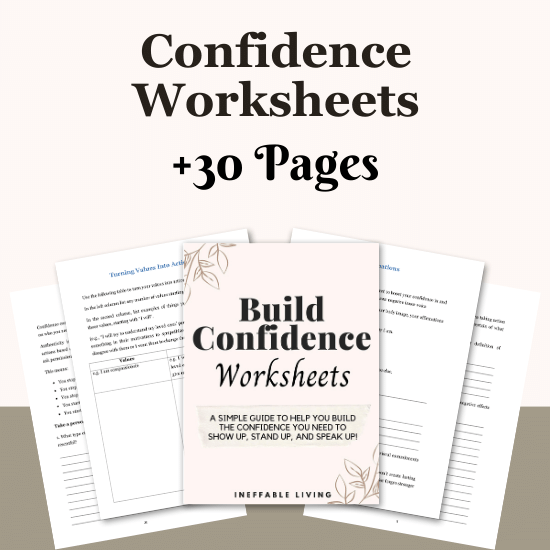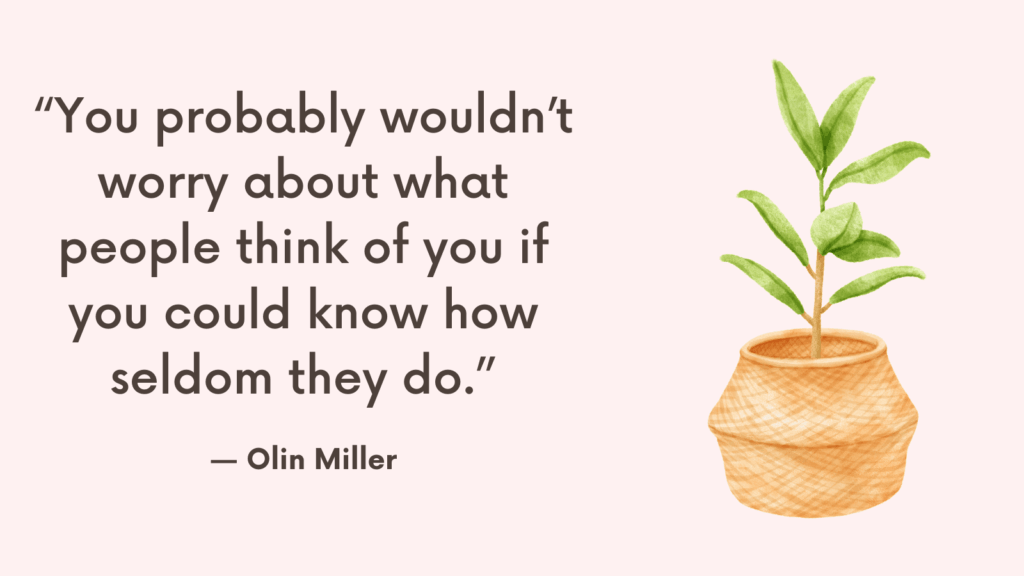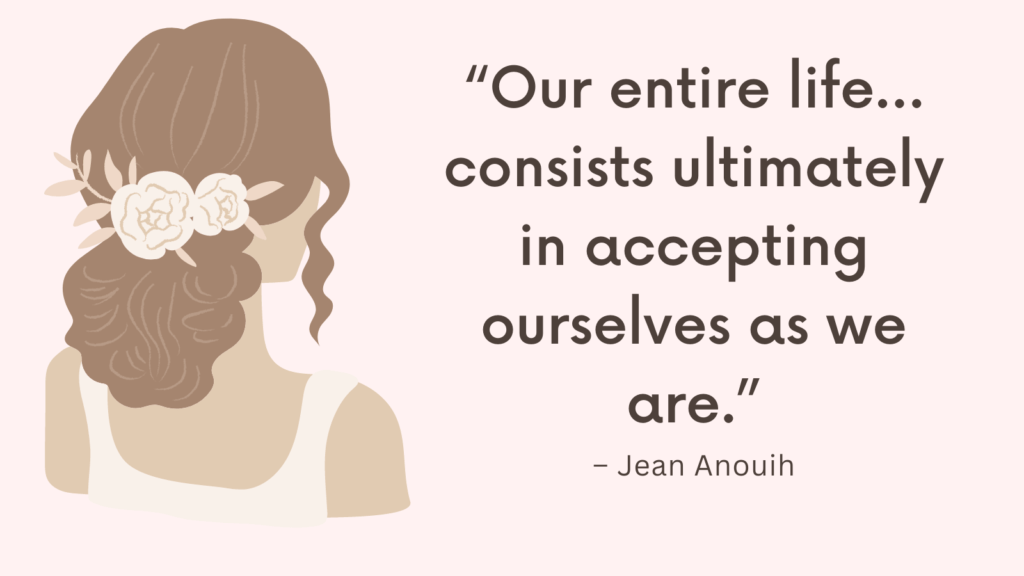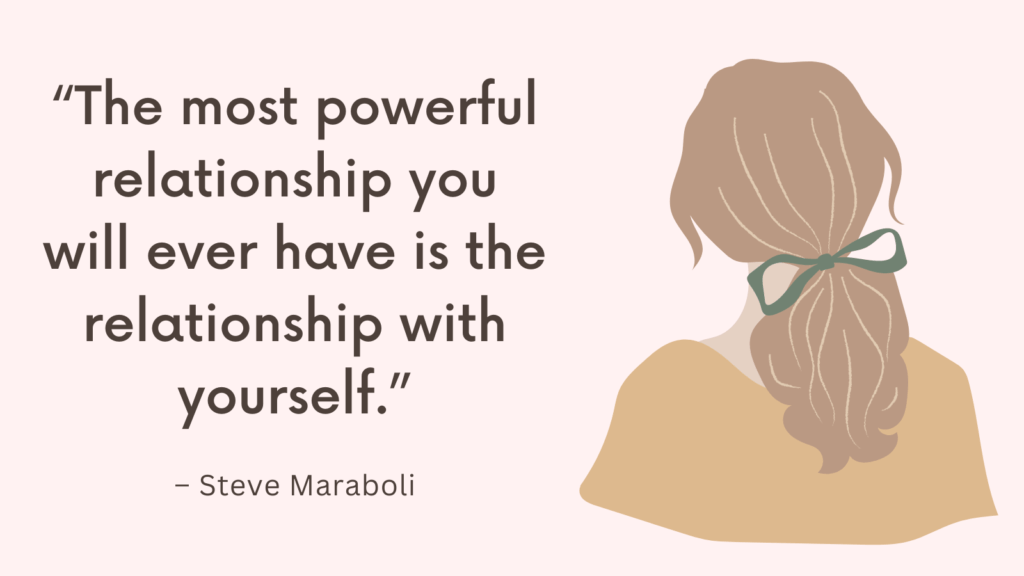A secure relationship with yourself is the foundation of emotional resilience, self-trust, and inner peace. It means knowing you have your own back — not just when things go well, but especially when they don’t. Many people pour energy into external relationships without realizing that their connection to themselves is the most important one they’ll ever have. Here’s how to build that inner security one honest, grounded step at a time.
Symptoms That You’re Disconnected From Yourself
An insecure relationship with yourself doesn’t always look dramatic. It often shows up as:
- Overanalyzing your decisions or second-guessing constantly
- Numbing with distractions rather than tending to your emotions
- Struggling to say no or assert boundaries
- Feeling like your value depends on productivity or external praise
- Criticizing yourself in ways you’d never speak to someone else
These are symptoms of self-abandonment—not personality flaws.
Related: Am I Emotionally Unavailable Quiz
How to Develop a Secure Relationship with Yourself
1. Keep Promises You Make to Yourself
Start with small, doable commitments — journaling for 5 minutes, turning your phone off before bed, or going for a short walk. Every time you follow through, you prove to yourself: “I can trust me.” Self-trust is built in action, not intention.
2. Listen to Your Needs Without Judging Them
Instead of pushing through discomfort or minimizing your emotions, pause and ask: “What do I need right now?” Whether it’s rest, food, space, or comfort — honoring that need creates a pattern of self-respect.
3. Practice Self-Soothing in Stressful Moments
When you’re upset, anxious, or overwhelmed, learn to calm yourself without needing someone else to fix it. Breathe slowly, speak kind words to yourself, or find a physical gesture (like holding your hand to your chest) that grounds you.
Related: Top 25 Self Reflection Journal Prompts
4. Validate Your Own Feelings
You don’t need someone else to approve of your emotions for them to be real. Start saying: “It makes sense that I feel this way.” Emotional security begins when you stop arguing with your experience and start accepting it.
5. Make Space for Your Whole Self
That includes the parts you’re proud of and the ones you’d rather hide. A secure relationship with yourself means embracing your contradictions, flaws, growth, and humanity without shame.
6. Apologize to Yourself When You Break Trust
When you abandon your boundaries, ignore your gut, or speak harshly to yourself, don’t just move on. Pause and say: “I’m sorry for not listening to you. I want to do better next time.” This rebuilds inner safety.
7. Set Boundaries That Protect Your Peace
Every time you say no to what drains you, you say yes to yourself. Boundaries aren’t just for others — they’re proof that your needs matter. Even if others push back, keeping those boundaries deepens your sense of self-worth.
Related: Lack Of Self Awareness: 5 Signs & 5 Tips On How To Increase Self-Awareness
8. Spend Time Alone with Curiosity, Not Avoidance
Don’t fill every quiet moment with noise or distraction. Learn to sit with yourself — journaling, walking, or doing something creative. Time alone is not punishment — it’s relationship building.
9. Speak to Yourself the Way You’d Speak to a Loved One
Your inner voice shapes your identity. Practice replacing criticism with compassion:
Instead of: “You always mess this up.”
Try: “This is hard, but I’m trying — and that matters.”
10. Accept That You’re Always Evolving
Security doesn’t mean being perfect or never doubting yourself. It means knowing you’ll keep showing up — with care, accountability, and love — no matter what. It’s the quiet knowing that you are your own safe place.
Related: How To Stop Being Emotionally Unavailable? Top 7 Strategies

Conclusion
You don’t have to wait until you’re healed to be secure with yourself. You build that security in the way you treat yourself through every step of the process — messy, uncertain, or strong. A secure relationship with yourself says, “No matter what happens, I won’t abandon me.”



